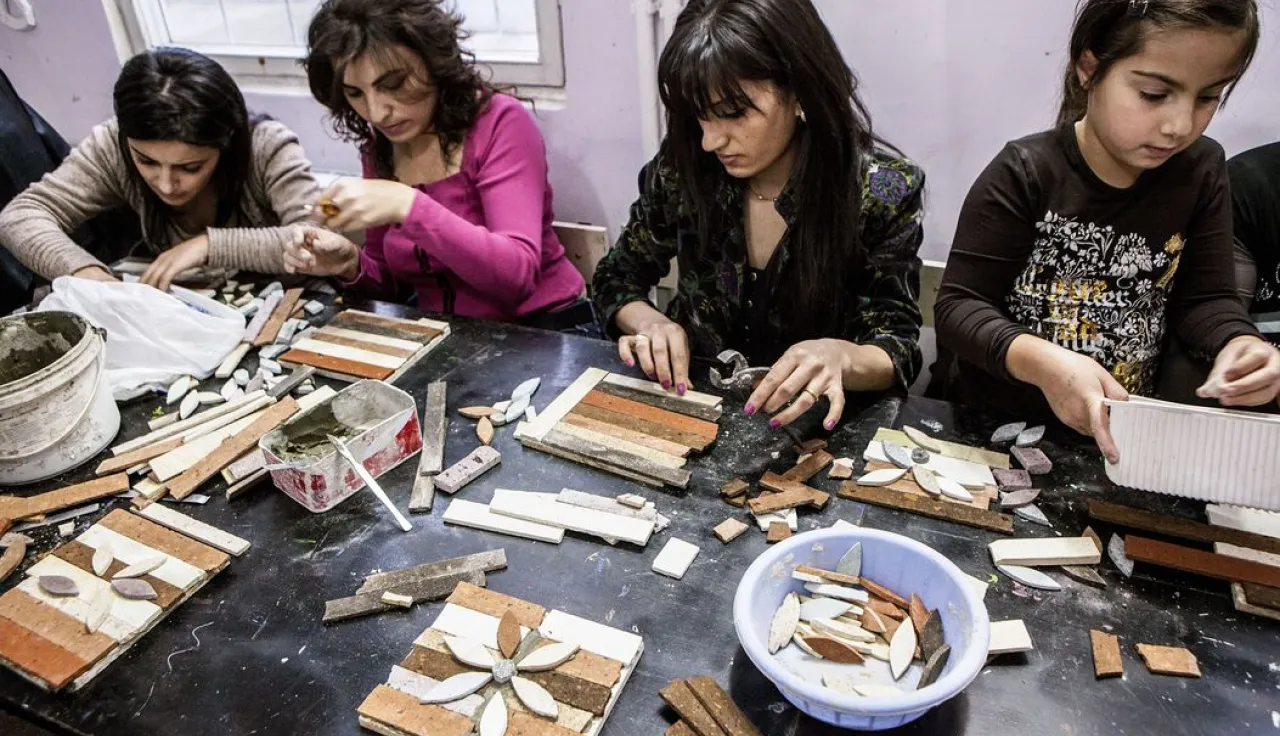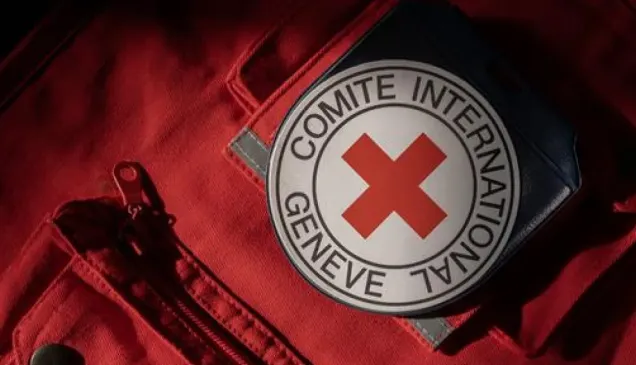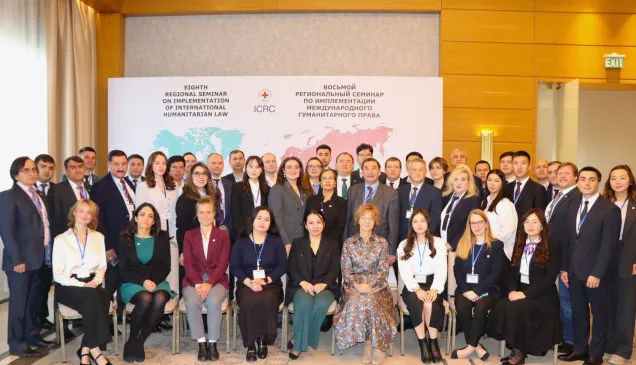Armenia: Facts and figures, January - June 2014

From January to June 2014, the ICRC:
- The ICRC served as a neutral intermediary in connection with the voluntary repatriation of two civilian internees to Armenia and to ensure that a prisoner of war held in Azerbaijan was able to maintain contact with his family in Armenia.
- Thirty-six relatives of missing persons provided DNA samples in a pilot project to help clarify the fate of people missing in connection with the Nagorny Karabakh conflict.
- Families of missing persons were given comprehensive support by the ICRC's local partners and the Armenian Red Cross Society that included home visits, information sessions and workshops addressing their psychosocial needs.
- Civilians living in villages along the border with Azerbaijan shared their conflict-related concerns with the ICRC for referral to the authorities.
- Six hundred eighty conflict-affected families in the Tavush border region received agricultural support in order to improve food production.
- Twenty-nine young law students and practitioners learned about international humanitarian law at a six-day summer course organized jointly by the ICRC, the American University of Armenia and the International and Comparative Law Center.
- Twelve Armenian Armed Forces commanders were introduced to international humanitarian law and issues relating to its incorporation in military planning and decision-making processes at a four-day seminar.



